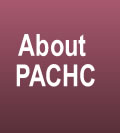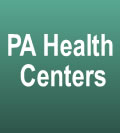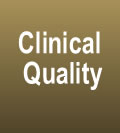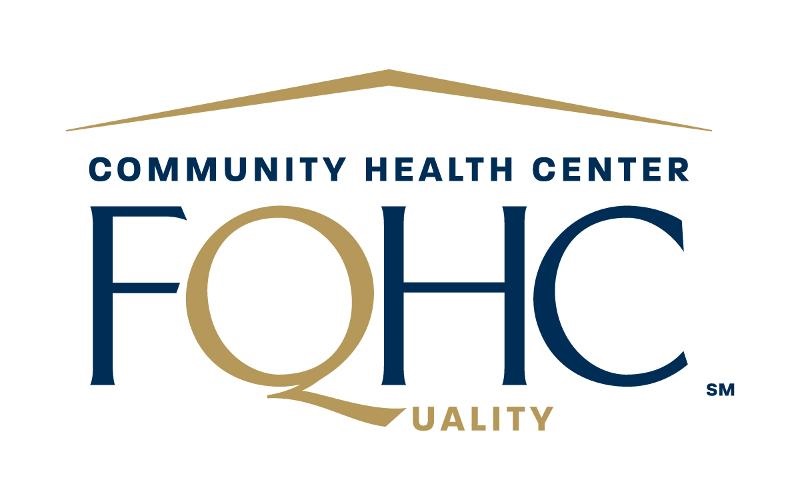THE PENNSYLVANIA COMMUNITY HEALTH CENTER MANUAL - is a one-stop resource for new FQHCs and new FQHC leaders in Pennsylvania, with state-specific information to supplement existing resources. Topics include “The Becoming an FQHC Checklist,” governance, reimbursement policy, quality improvement and communication.
What is a Health Center?
For more than 50 years, health centers have provided comprehensive, culturally competent, quality primary health care services to medically underserved communities and vulnerable populations, across Pennsylvania and the country. Primary care services include prevention services, like screening and immunizations, as well as the treatment of acute and chronic medical conditions. There are various types of health centers, but all share the goal of increasing access to quality primary health care for underserved populations, whether rural or urban.
Types of Health Centers
Community Health Centersare all non-profit healthcare providers that provide comprehensive primary health care. They comprise the largest national network of primary care providers, serving more than 24 million people in nearly 9,000 locations. In Pennsylvania, there are more than 300 FQHC sites in rural and urban areas of Pennsylvania, with locations in 52 of the commonwealth’s 67 counties. There are four primary characteristics that distinguish community health centers
from other primary care providers:
Fees based on ability to pay (FQHCs must offer a sliding fee scale)
Quality health care for all (FQHCs are open to all and they must meet federal reporting, performance and accountability requirements)
Highly competent health professional team (FQHCs offer other services to help patients stay well, such as case management, pharmacy, lab testing, social services and translation)
Community control to ensure they are responsive to their patient population (at least 51% of people serving on the governing board of an FQHC must be patients served by the FQHC)In addition to primary medical care across the lifespan, FQHCs often offer dental and behavioral health services. They also offer access to discount medications either on site or through arrangement with a pharmacy.
Rural Health Clinics (RHCs) must be located in non-urbanized areas of medical underservice. There are currently 59 RHC sites in rural areas of Pennsylvania. The major ways RHCs differ from anare:
- They are limited to non-urban locations;
- They must employ a non-physician provider (physician assistant or nurse practitioner) at least 50% of the hours they are open
- They can be for-profit or not-for-profit
- They can be freestanding or connected organizationally to another provider, such as a hospital
- Their services are generally limited to medical (i.e. most do not offer dental or behavioral health care)
- They have no board of director requirements
- They may limit their services to specific age groups and do not have to provide services across the lifespan
RHCs serve an important role in many rural underserved areas of Pennsylvania that may not have the resources or population to support the more comprehensive
, but are no less in need of access to quality primary health care services.
©2016 Pennsylvania Association of Community Health Centers
1035 Mumma Road, Suite 1, Wormleysburg, PA 17043













